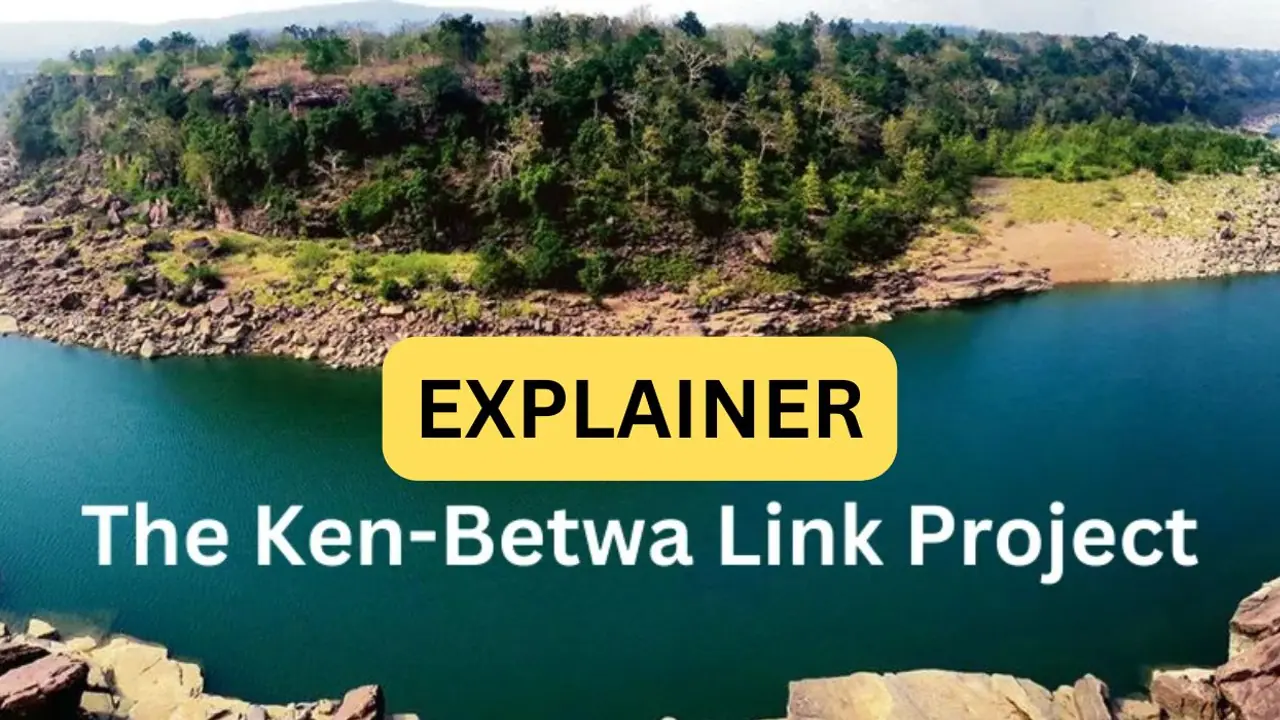Prime Minister Modi has launched the Ken-Betwa river interlinking project, a long-awaited initiative to address water scarcity in drought-prone areas of Madhya Pradesh and Uttar Pradesh. The ₹44,605 crore project aims to provide irrigation, drinking water, and generate hydropower, despite environmental concerns.
Prime Minister Narendra Modi has laid the foundation stone for India’s first river interlinking project, turning the vision of former Prime Minister Atal Bihari Vajpayee into a reality after many years of delay. On Thursday, PM Modi marked a historic step in the nation's water management efforts by launching the Ken-Betwa river interlinking project in Khajuraho, Madhya Pradesh, on the occasion of Vajpayee’s 100th birth anniversary.

This ambitious project, initially proposed by Vajpayee, aims to link the Ken and Betwa rivers, two major tributaries of the Yamuna. The interlinking is expected to provide significant benefits to the drought-affected regions of Uttar Pradesh and Madhya Pradesh, bringing much-needed water for irrigation and drinking purposes to thousands of people in these areas.
- Scope and Funding: The project is estimated to cost ₹44,605 crore, with 90% of the funding provided by the central government and the remaining 10% shared by the two states. It is targeted for completion within 8 years.
- Benefits for Drought-affected Areas: The interlinking of the Ken and Betwa rivers will provide water for irrigation in drought-prone areas, benefiting agricultural communities. The project will ensure access to drinking water for millions of people, especially in Uttar Pradesh and Madhya Pradesh.
- Impact on the Environment: The project involves constructing a dam across the Ken river in the Panna Tiger Reserve, which will affect 6.5% of the reserve area and lead to the relocation of over 2,000 families from 10 villages. The 77-meter-high Daudhan dam will be built to channel water through a 221-km canal, irrigating 10 lakh hectares of land in both states. Additionally, 44 lakh people in Madhya Pradesh and 21 lakh in Uttar Pradesh will benefit from improved water supply. The project will also generate hydropower (103 MW) and solar power (27 MW).
During the event, Prime Minister Modi emphasized the importance of water security for India’s future, calling it the "biggest challenge" of the 21st century. He highlighted that countries that manage their water resources well will succeed, as water is vital for progress, job creation, and industrial growth. Modi shared his own experience of witnessing Gujarat’s transformation, which was made possible by the Narmada River, highlighting the crucial role rivers play in regional development.
Environmental concerns and opposition
Despite the potential benefits, the Ken-Betwa River interlinking project has faced criticism, especially concerning its impact on the environment. Congress leader Jairam Ramesh expressed concerns about the damage to the Panna Tiger Reserve. He pointed out that the project could submerge more than 10% of the reserve, endangering tigers and other species such as vultures. Moreover, the construction of the dam and the canal would result in the cutting down of over 23 lakh trees, causing significant ecological damage. The project is also expected to disrupt local activities, including the construction of cement factories in the area.
The Ken-Betwa River interlinking project is a monumental step towards addressing water scarcity and improving irrigation infrastructure in India. While the benefits to agriculture and water supply are promising, the project has sparked debates about its environmental impact. As the project moves forward, it will be crucial to strike a balance between development and environmental preservation to ensure a sustainable future for the affected regions.
